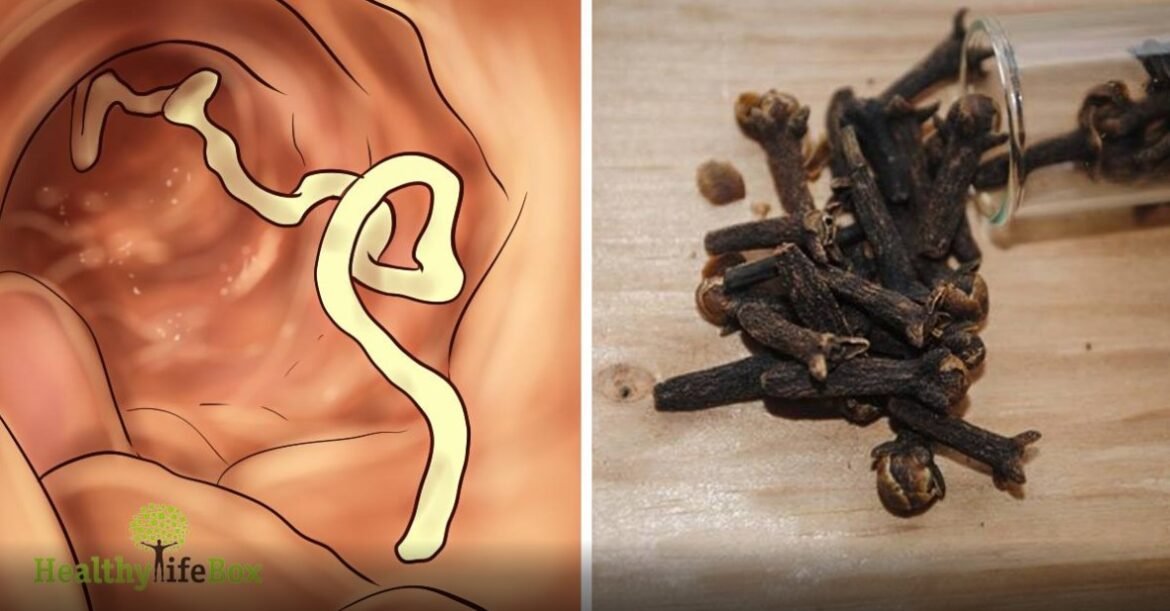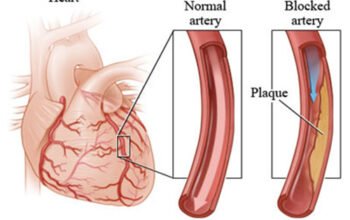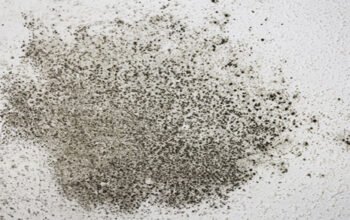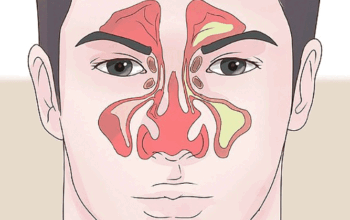According to the World Health Organization, over 3.5 billion people worldwide are affected by parasitic infections. These microscopic invaders can silently compromise our health, often going undetected for extended periods. Understanding the signs, types, and methods of detecting and treating parasites is crucial for maintaining overall well-being.
Types of Parasites in Humans
Parasites come in various forms, with two primary categories affecting human health:
Helminths (Worms)
- Roundworms: These common intestinal parasites can grow several inches long and cause significant digestive disruptions.
- Tapeworms: Typically contracted through contaminated food, these flat, segmented parasites can inhabit the human intestinal tract for years.
- Hookworms: Small parasites that attach to the intestinal wall, potentially causing anemia and nutritional deficiencies.
Protozoa
- Giardia: A microscopic parasite causing severe gastrointestinal issues and often transmitted through contaminated water.
- Cryptosporidium: Another waterborne parasite that can cause prolonged diarrheal diseases.
- Toxoplasma: A parasite frequently found in cat feces and undercooked meat, which can cause serious complications in individuals with weakened immune systems.
Recognizing Symptoms of Parasitic Infections
Parasitic infections manifest through various symptoms, which can often be mistaken for other health conditions:
Common Symptoms
- Persistent digestive issues like diarrhea, constipation, or bloating
- Unexplained weight loss
- Chronic fatigue
- Skin rashes or itching
- Muscle and joint pain
Less Common Symptoms
- Neurological complications
- Compromised immune response
- Respiratory difficulties
- Unusual food cravings
Diagnostic Methods for Detecting Parasites
Medical Tests
- Stool Tests: The most common and accurate method, with up to 90% reliability in detecting intestinal parasites.
- Blood Tests: Useful for identifying certain parasitic infections and assessing overall health impact.
- Imaging Tests: Advanced techniques like CT scans can reveal parasitic presence in specific organs.
Home Testing Methods
- Comprehensive parasite cleanse kits
- Self-assessment questionnaires
- Consultation with healthcare professionals specializing in parasitology
Treatment Options
Conventional Treatments
- Targeted antiparasitic medications
- Prescription drugs specific to identified parasite types
- Potential hospitalization for severe or complex infections
Natural Remedies
- Herbal treatments like garlic, wormwood, and black walnut
- Dietary modifications to create an inhospitable environment for parasites
- Probiotics to support gut health
Prevention and Hygiene
Preventing parasitic infections requires a multi-faceted approach:
- Rigorous hand washing
- Thoroughly cooking meats
- Drinking clean, treated water
- Maintaining high standards of personal and environmental hygiene
- Avoiding high-risk areas and practicing safe travel hygiene
While parasitic infections can seem daunting, awareness, proper hygiene, and timely medical intervention can significantly reduce risks. Regular check-ups, maintaining a strong immune system, and staying informed about potential transmission routes are key to protecting yourself from these microscopic invaders.






